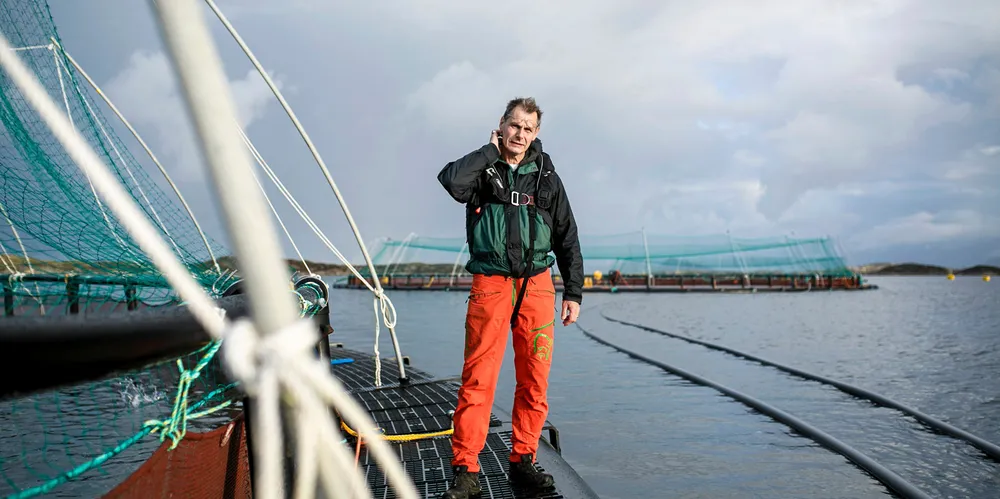Poor little rich kids: Norway's salmon farm owners shouldn't be surprised by the resource tax
The history of crass and ill-judged statements from Norway's salmon tycoons has left them with little public sympathy as they struggle to summon up genuine popular resistance to the government's tax raid on the bloated industry.
